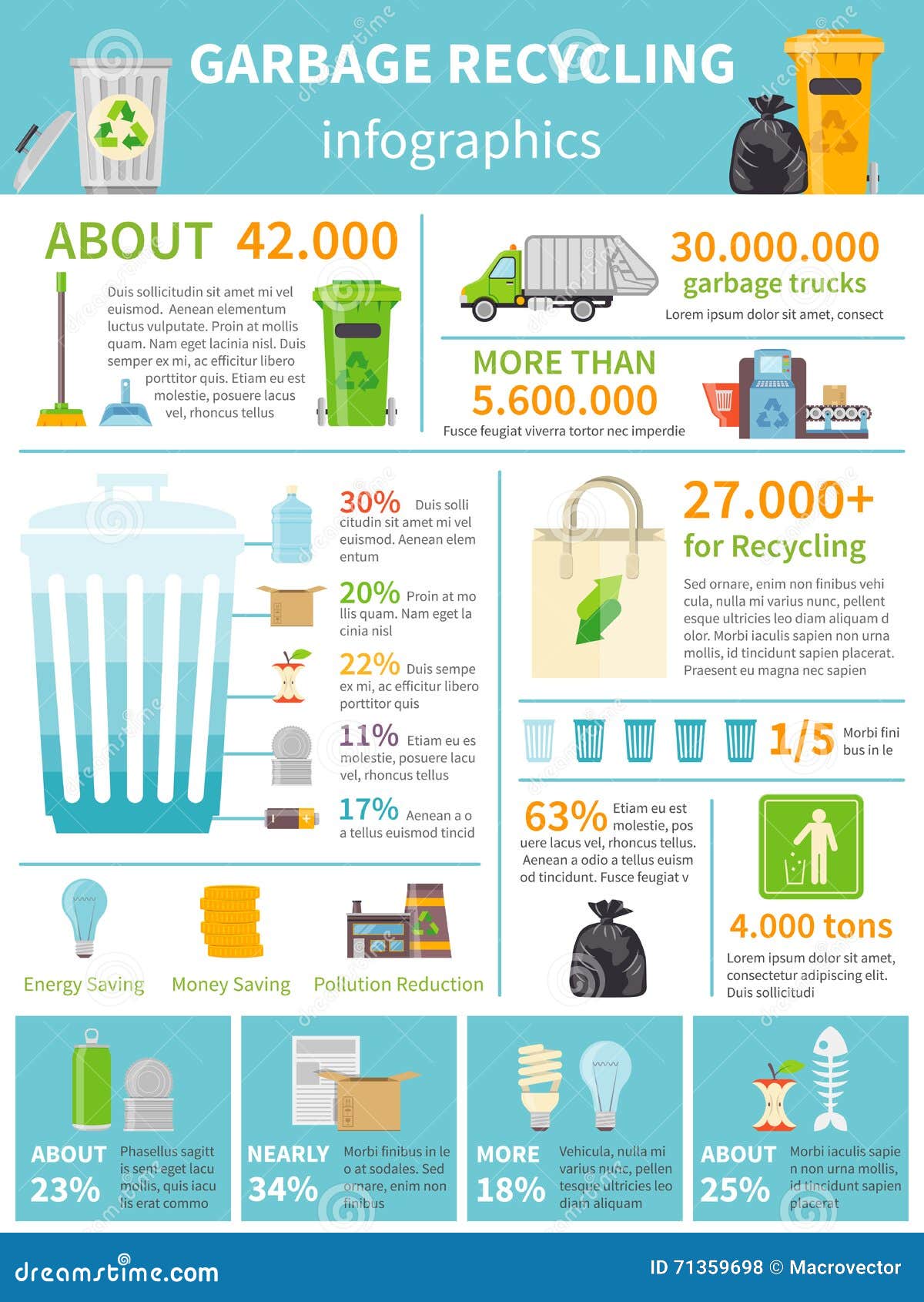Gain Knowledge In Determining The Optimum Dumpster Dimension For Your Task To Accomplish Effectiveness And Cost-Effectiveness Through This All-Encompassing Guide
Gain Knowledge In Determining The Optimum Dumpster Dimension For Your Task To Accomplish Effectiveness And Cost-Effectiveness Through This All-Encompassing Guide
Blog Article
Writer-Galloway Rodgers
When starting a project that calls for a dumpster, the size you select can considerably impact its efficiency and cost-effectiveness. Envision having bin rentals that accommodates all your waste without being excessively big or too small. All of it beginnings with recognizing the nuances of your job and picking a dumpster dimension that aligns with your details requirements. So, prior to you make a decision, consider the aspects at play to make sure a smooth waste management process throughout.
Aspects to Consider
When selecting the ideal dumpster dimension, there are numerous vital factors to think about.
Initially, think of the sort of waste you'll be taking care of. Various materials may call for varying amounts of space, so understanding what you'll be putting in the dumpster is vital.
Next off, examine the quantity of waste you anticipate to generate. If you ignore the volume, you may require to make multiple trips to dispose of whatever, which can be bothersome and pricey. On the other hand, renting a dumpster that's too big can result in unneeded expenses.
In addition, take into consideration the room where the dumpster will certainly be positioned. Make sure there's enough room for the dumpster to be provided and picked up without any blockages.
Lastly, think of any weight limitations that might use. Going beyond the weight limitation can result in added charges or even the rejection of service.
Dumpster Dimension Alternatives
For choosing the appropriate dumpster dimension, it's vital to have a good understanding of the readily available choices. Dumpster dimensions usually vary from 10 to 40 cubic yards, with variants in between.
A 10-yard dumpster is suitable for little jobs like a garage cleanout or a little remodelling. If you're tackling a medium-sized project such as a kitchen remodel or a cellar cleanout, a 20-yard dumpster may be the best selection.
For bigger projects like a whole-house renovation or business construction, a 30 or 40-yard dumpster could be more suitable to suit the volume of waste created.
When deciding on a dumpster dimension, think about the amount and sort of particles you expect to take care of. It's much better to choose a slightly bigger dimension if you're uncertain to prevent overfilling. Keep in mind, it's even more affordable to lease a dumpster that fits your demands instead of having to get an extra one.
Matching Size to Job
Efficiently matching the dumpster size to your task is essential for reliable waste management. To determine the appropriate size, take into consideration the scope and nature of your job.
For tiny house cleanouts or improvements, a 10-yard dumpster may be sufficient. Suggested Browsing are usually 12 feet long and can hold around 4 pickup truck lots of waste.
For larger tasks like remodeling numerous spaces or clearing out a large estate, a 20-yard dumpster could be preferable. These are around 22 feet long and can hold about 8 pickup lots.
If you're tackling a major construction project or business remodelling, a 30-yard dumpster could be the most effective fit. These dumpsters are about 22 feet long and can fit about 12 pickup truck loads of particles.
Matching the dumpster dimension to your project ensures you have adequate space for all waste materials without paying too much for unused capability.
Conclusion
To conclude, selecting the right dumpster size for your project is vital for effective garbage disposal. By taking into consideration aspects like the type and amount of waste, room schedule, weight constraints, and spending plan restrictions, you can guarantee you have the proper size dumpster for your requirements. Make certain to match the size of the dumpster to the extent and nature of your task to avoid overspending on unnecessary expenses.
